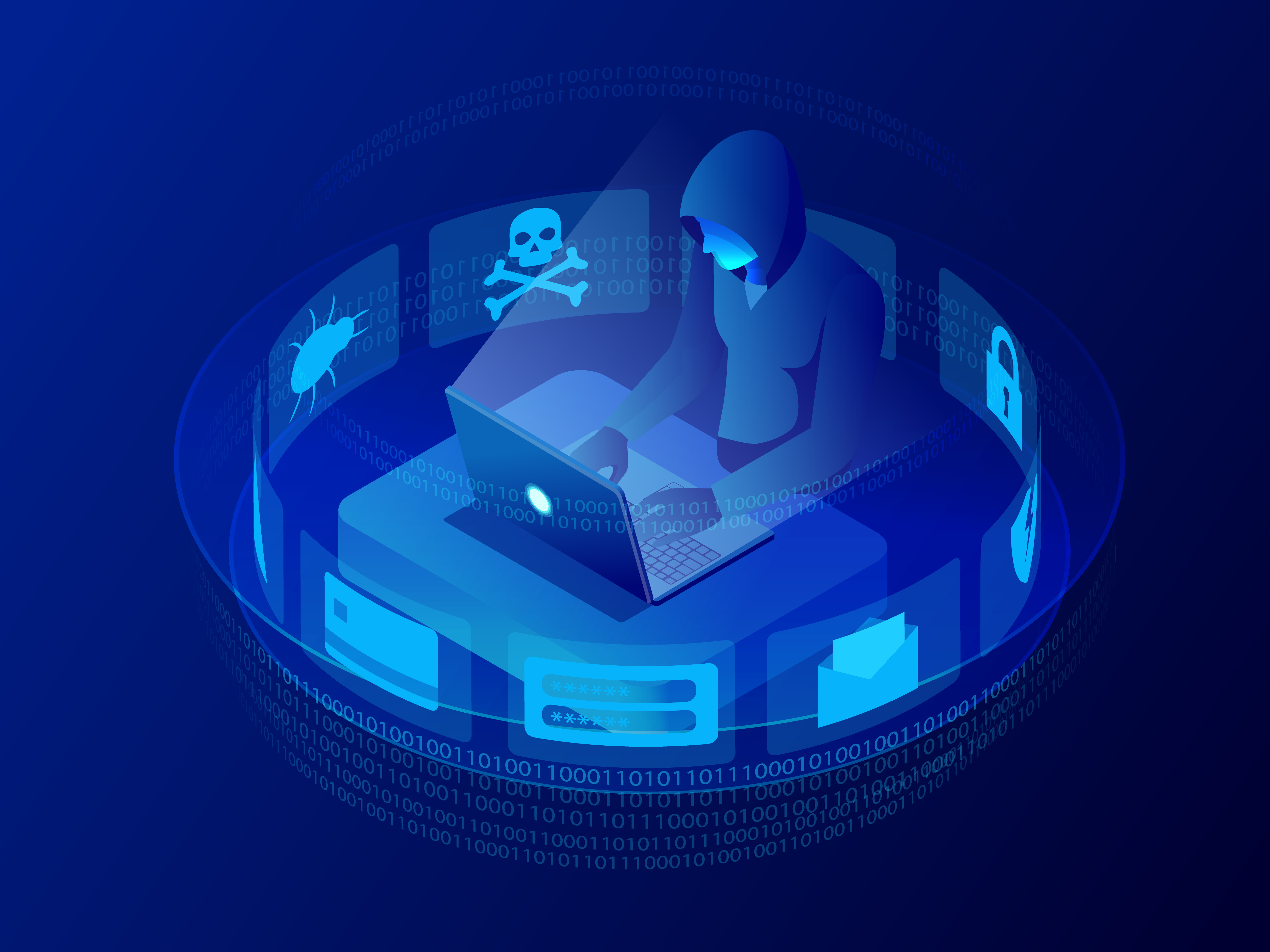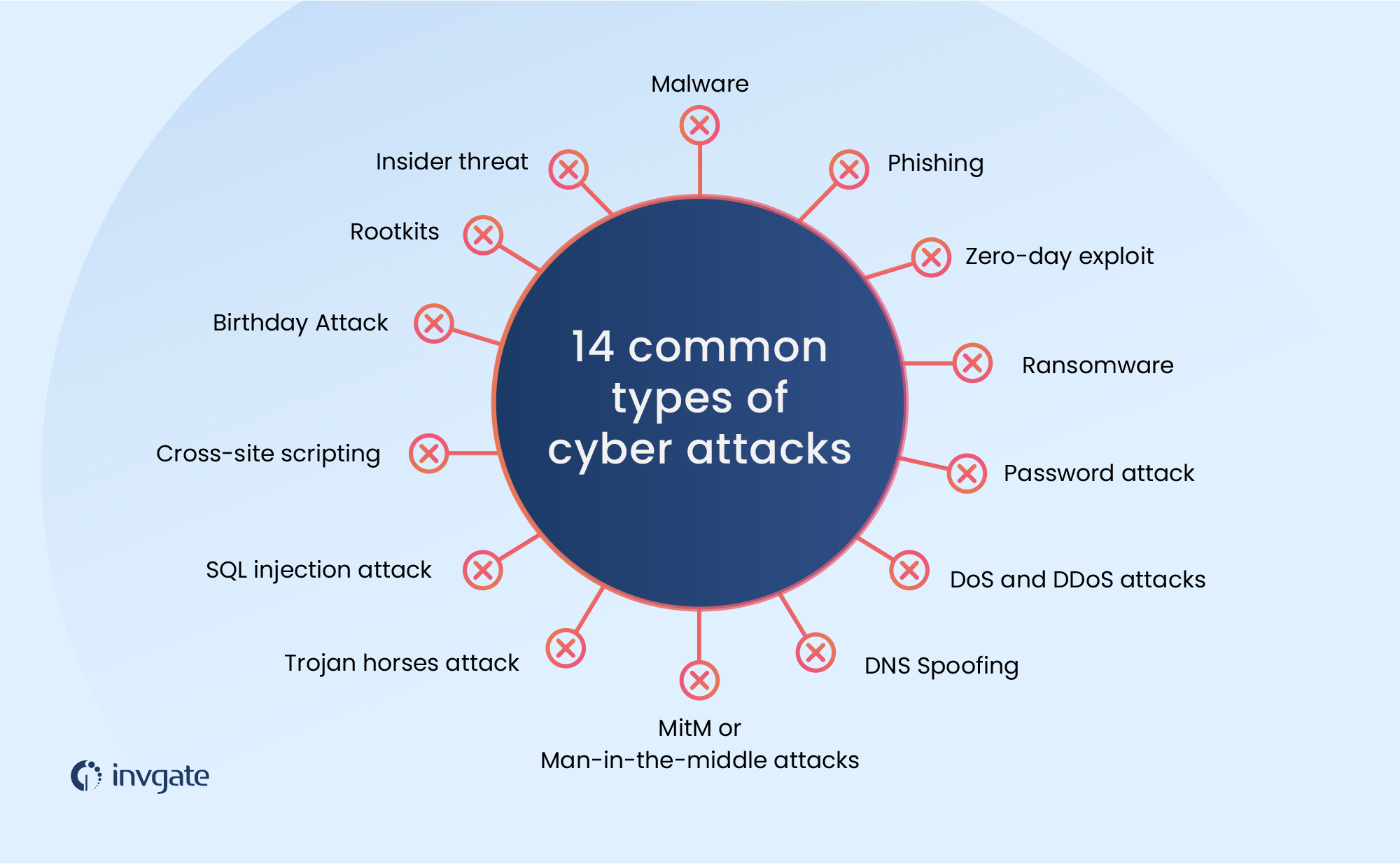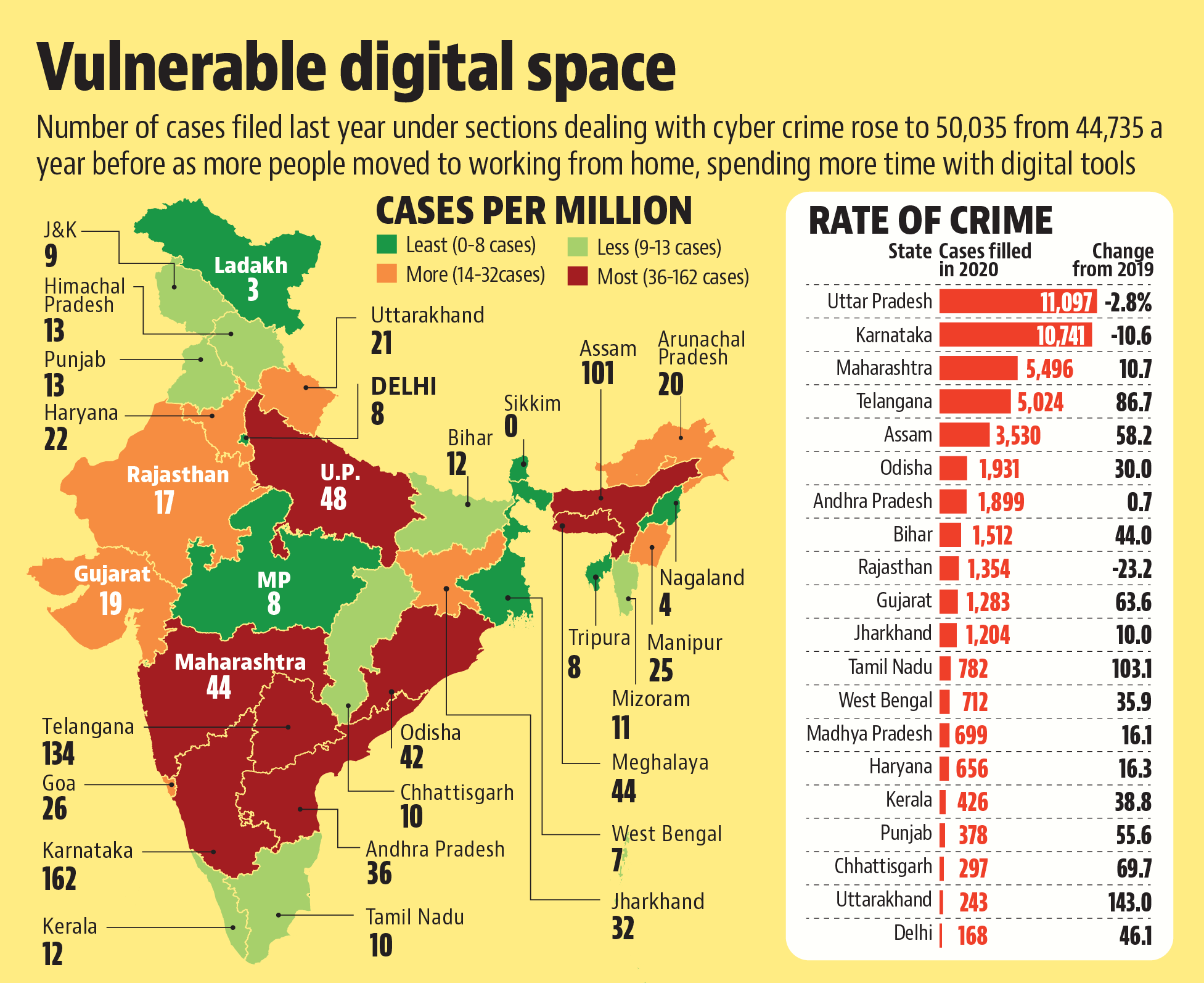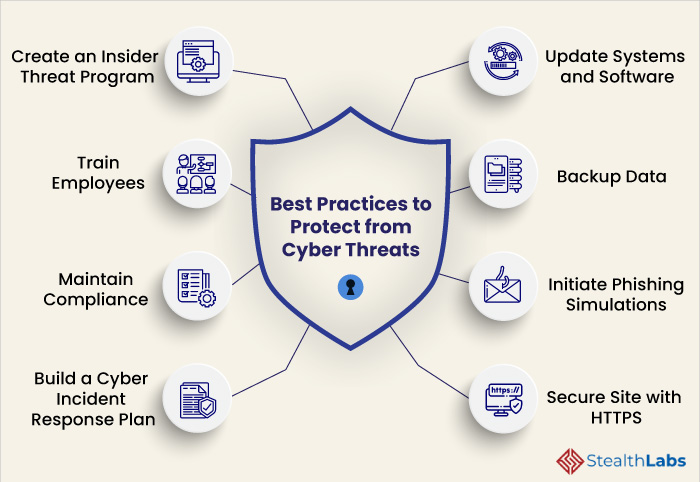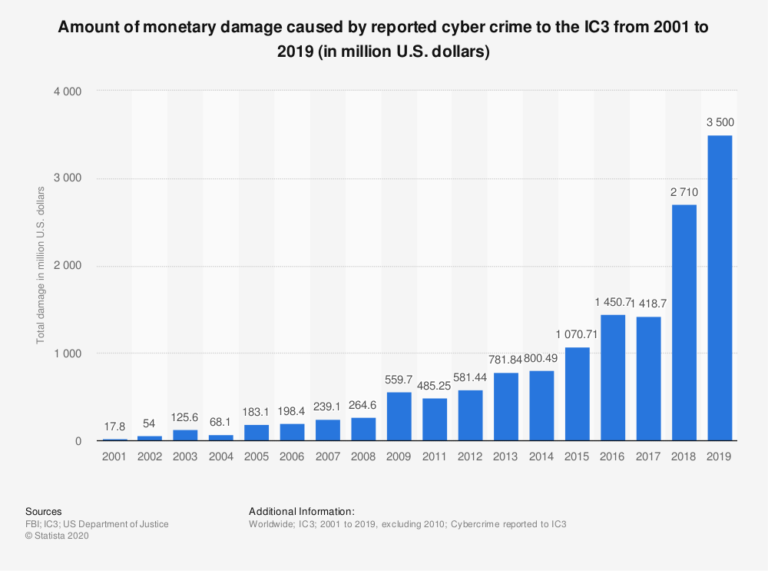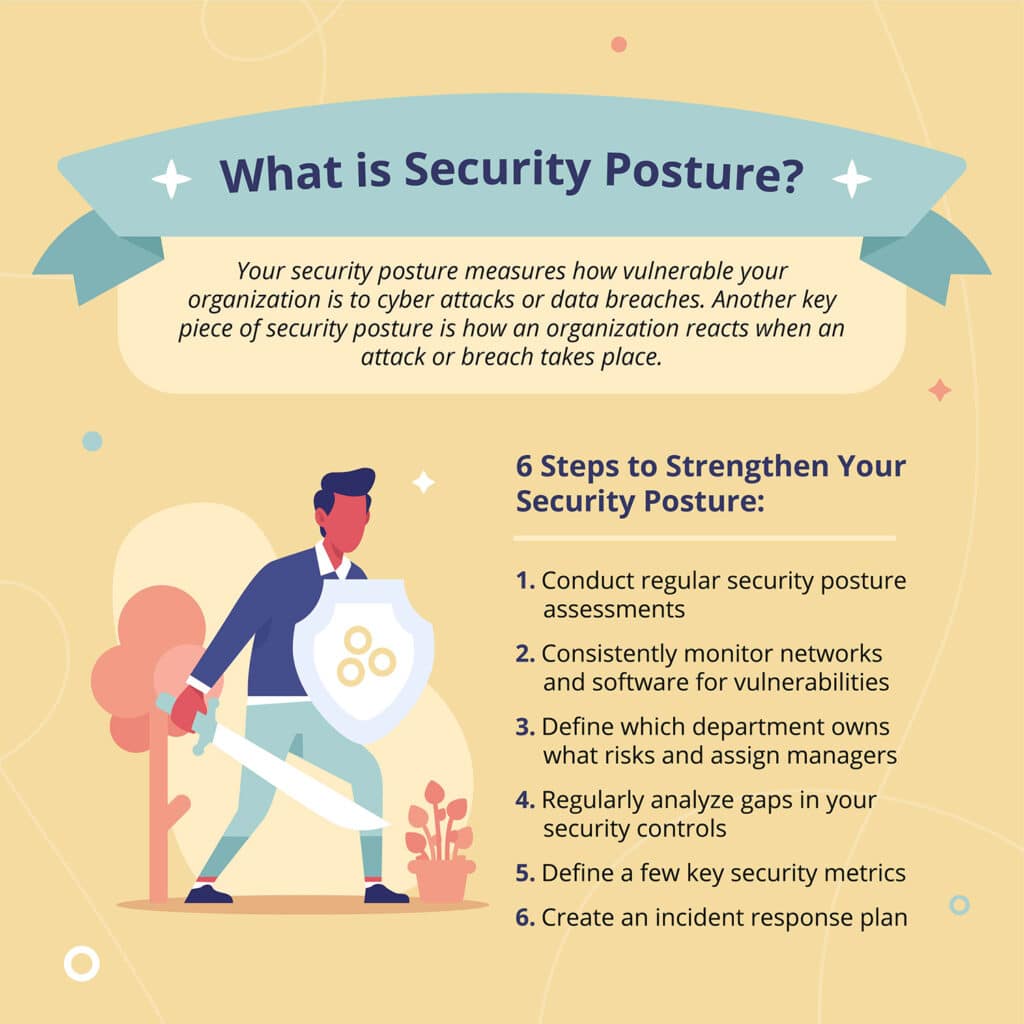Microsoft Steps Up To Safeguard Rural Hospitals Against Cyber Threats
In the wake of escalating cyber attacks targeting healthcare institutions, Microsoft has emerged as a beacon of support for rural hospitals. Recognizing their vulnerability to sophisticated cyber threats, Microsoft has launched a comprehensive initiative to bolster their defenses.
Escalating Cyber Attacks on Healthcare
Cyber attacks have become a pervasive threat to healthcare organizations, and rural hospitals are particularly susceptible. With limited resources and technical expertise, they often lack the necessary safeguards to protect patient data and critical systems. In 2021, the number of ransomware attacks on healthcare providers surged by 94%.
Microsoft’s Cyber Defense Initiative
Microsoft’s initiative aims to address the unique challenges faced by rural hospitals. It includes a combination of advanced cyber defense technologies, training, and support services: *
Security Assessment and Vulnerability Management:
Microsoft experts will conduct thorough security assessments to identify potential vulnerabilities and provide guidance on remediation measures. *
Threat Intelligence and Protection:
Hospitals will gain access to Microsoft’s real-time threat intelligence and protection services, which monitor the latest cyber threats and automatically adapt defenses. *
Cloud-Based Security:
Microsoft’s Azure cloud platform offers advanced security features such as identity and access management, encryption, and disaster recovery. *
Training and Support:
Microsoft provides comprehensive training programs and dedicated support teams to help hospital staff stay informed and respond effectively to cyber threats.
Benefits for Rural Hospitals
Microsoft’s cyber defense initiative provides numerous benefits for rural hospitals: *
Enhanced Cyber Protection:
Hospitals can significantly strengthen their defenses against ransomware, phishing, and other cyber threats. *
Improved Patient Care:
By safeguarding patient data and critical systems, hospitals can ensure uninterrupted care delivery. *
Reduced Costs:
Microsoft’s cost-effective solutions help hospitals avoid the financial burden of cyber incidents and data breaches. *
Increased Trust and Reputation:
Patients and communities will have greater confidence in hospitals that prioritize cyber security.
Conclusion
Microsoft’s commitment to protecting rural hospitals against cyber attacks is a testament to the growing importance of cyber security in healthcare. By providing advanced technologies, training, and support, Microsoft empowers rural hospitals to safeguard their patients, systems, and reputations in the face of escalating cyber threats.Microsoft Announces Cybersecurity Program for Rural Hospitals
Microsoft Announces Cybersecurity Program for Rural Hospitals
In light of the alarming rise in ransomware attacks, especially within the healthcare sector, Microsoft has unveiled a comprehensive cybersecurity program to support hospitals serving over 60 million people in rural America.
Rural Hospitals at Risk
Due to limited resources and often being the only healthcare option in their communities, rural hospitals face devastating consequences from cyberattacks. These attacks disrupt operations and pose a direct threat to patient care.
The Microsoft Program
Microsoft’s Cybersecurity Program for Rural Hospitals offers free and low-cost technology services tailored to their unique needs. The program includes: * Free and discounted Microsoft security products * Free cybersecurity assessments * Free cybersecurity training for staff
Partnerships and Collaboration
This program is a collaboration with the White House, American Hospital Association, and National Rural Health Association. The program is supported by three institutions to ensure effective implementation.
Benefits of the Program
According to Microsoft Corporate Vice President Justin Spelhaug, the program aims to provide hospitals with essential security and support during a critical time. The program will enable hospitals to: * Enhance cybersecurity measures * Reduce the risk of ransomware attacks * Protect patient data and critical infrastructure
Statement from the White House
National Deputy Security Advisory for Cyber and Emerging Technologies Anne Neuberger emphasized the significance of the program in protecting America’s healthcare systems from cyberattacks. She stated that the shortage of cyber personnel and modern cyber defenses in rural hospitals has made them particularly vulnerable.
Microsoft’s Commitment
Microsoft’s commitment to improving healthcare in rural areas includes initiatives like the AI for Health program and collaborations with hospital leaders to bring AI solutions to market.
Industry Support
Rick Pollack, President and CEO of the American Hospital Association, acknowledged that cybersecurity is a shared responsibility and welcomed Microsoft’s support. Alan Morgan, CEO of the National Rural Health Association, highlighted the importance of the collaboration in preparing rural hospitals for increasing cybersecurity threats.
Additional Microsoft Initiatives
Alongside the rural hospital program, Microsoft has other initiatives focused on addressing cybersecurity and fostering innovation: * Cybersecurity Skills Initiative for community colleges * TechSpark program for job creation in technology and cybersecurity * Microsoft Airband initiative for bringing high-speed internet access to rural communities
Availability
The Microsoft Cybersecurity Program for Rural Hospitals in the United States is available immediately. Registration details can be found at https://aka.ms/Microsoft_Security_Rural_Hospitals.Microsoft is partnering with the American Hospital Association (AHA) to help rural hospitals defend themselves against increasing cyberattacks. The partnership will provide rural hospitals with access to Microsoft’s cybersecurity tools and expertise, as well as training and support. Cyberattacks are a growing threat to hospitals of all sizes, but rural hospitals are particularly vulnerable. They often have limited resources and staff, making it difficult to implement and maintain robust cybersecurity measures. The partnership between Microsoft and the AHA aims to address this challenge by providing rural hospitals with the tools and support they need to protect themselves from cyberattacks. Microsoft will provide rural hospitals with access to its cybersecurity tools, including Microsoft Defender for Endpoint, Microsoft Sentinel, and Microsoft 365 Defender. Microsoft will also provide rural hospitals with training and support on how to use these tools effectively. The AHA will work with Microsoft to develop and deliver training materials and resources specifically tailored to the needs of rural hospitals. The partnership is part of Microsoft’s broader commitment to helping healthcare organizations protect themselves from cyberattacks. Microsoft has been working with healthcare organizations of all sizes to develop and implement cybersecurity solutions that meet their specific needs. The partnership with the AHA is a significant step in Microsoft’s efforts to help rural hospitals protect themselves from cyberattacks. By providing rural hospitals with access to Microsoft’s cybersecurity tools and expertise, as well as training and support, Microsoft is helping to ensure that these hospitals can continue to provide essential healthcare services to their communities.
